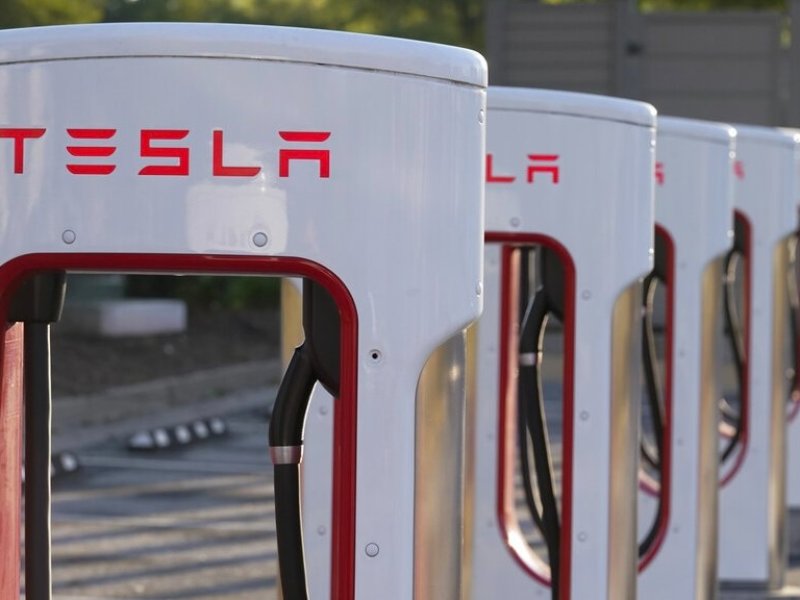- Tesla shares rose sharply recently after Donald Trump won the presidential election
- A potential policy shift by the Trump administration could benefit Tesla
What happened
Driven by CEO Elon Musk‘s close ties with U.S. President-elect Donald Trump, Tesla’s stock rose more than 8% on Monday (November 11), continuing last week’s strong upward momentum. Tesla’s current stock price stands at $348.30 per share. If this rally continues, the company’s market value is expected to increase by nearly $87 billion. Prior to Trump securing a second term, Tesla’s year-to-date gain had been just over 1%. Since Trump announced his victory on November 6, the stock has surged nearly 28%. It is the first time in two years that Tesla’s market cap has exceeded $1 trillion.
Federal records show that the billionaire donated at least $119 million to pro-Trump spending groups. Analysts note that Musk has supported Trump for months, hoping his close relationship with the incoming president will benefit his company under the new administration.
Also read: Tesla stock extends rally as Musk-Trump alliance fuels gains
Also read: Tesla hits $1 trillion market value as Musk-backed Trump win fans optimism
What it’s important
The alliance between Musk and Trump holds significant implications for the broader EV market, especially as Trump has expressed intent to roll back certain EV incentives introduced under Biden’s administration. While Tesla, as a market leader, may continue to attract investors due to its established brand and resources, smaller EV startups could be disproportionately affected by potential cuts to federal support. Many young companies rely heavily on government incentives and subsidies to compete in the growing but competitive EV market. For instance, startups like Rivian and Fisker could face greater financial strain in a deregulated environment that reduces their access to consumer incentives and support.
This shift would likely increase Tesla’s dominance in the EV sector, allowing it to expand market share even as its smaller competitors struggle to adapt. Thus, Trump’s policy changes could reinforce Tesla’s leading role, while raising concerns about limited opportunities for new entrants

